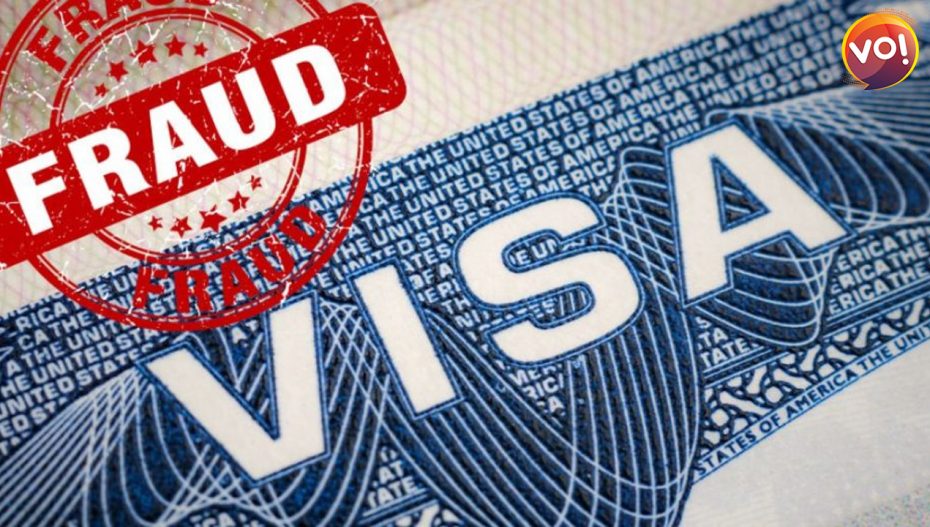A district court in the US has said that H-1B visa holders have the right to take legal action if their visa is revoked because their employer committed fraud by multiple filing.
The verdict was given on a lawsuit filed by ten Indian citizens whose H-1B visas were revoked citing fraud or misrepresentation on account of multiple filings by their employers. In their lawsuit, these individuals submitted that US Citizenship and Immigration Services (USCIS) violated procedural requirements by sending a ‘Notice of Intention to Revoke (NOIR) only to their employers and not giving them an opportunity to raise arguments or present facts regarding their visa revocation.
In the lawsuit two things were sought by the H-1B visa holders. The first was removal of any finding of fraud or misrepresentation against them and second restoration of the cap number. The government conceded to the first point and the judge has denied the government’s attempt to dismiss the second point.
If there are multiple H-1B cap registrations for the same beneficiary with sponsoring companies acting in collusion to increase the chance of such beneficiaries winning the lottery, USCIS considers it to be improper. The application is denied (if pending) or revoked if already approved.
It is said that the Administrative Procedure Act was not followed as the ‘anti-collusion’ rule was not published prior to enforcement.
Assignment of a cap-number once selected in the lottery is a benefit the law grants to the employee – thus the employee is an ‘interested party’ entitled to be served a notice and given an opportunity to respond to adverse action by the USCIS. Finally, the only legal provision allowing for revocation for fraud is when the foreign national employee makes a knowingly false statement.
Starting from the recently concluded filing season for H-1B cap visas for the fiscal year 2025, onwards, all beneficiaries will be entered into the lottery just once, based on their passport or travel document number, thus giving each beneficiary an equal chance in the lottery, regardless of the number of registrations submitted on their behalf. The object of the new procedure is aimed at curbing gaming of the system by multiple filing.
Also Read: SC Ditches Marxist View Of Wealth Redistribution, Mulls Gandhian Definition












